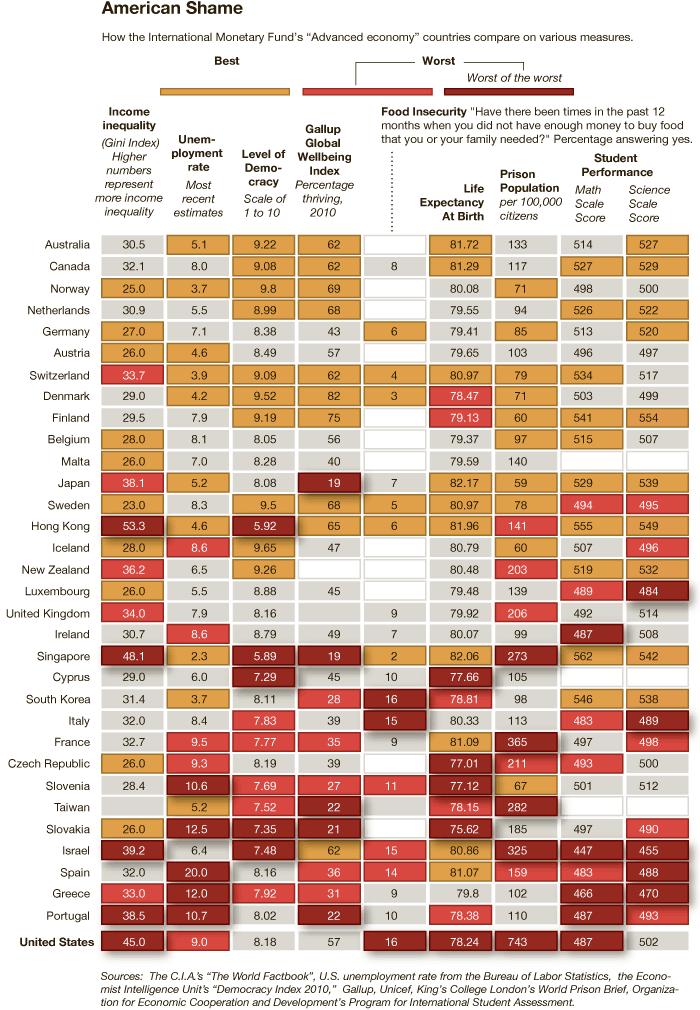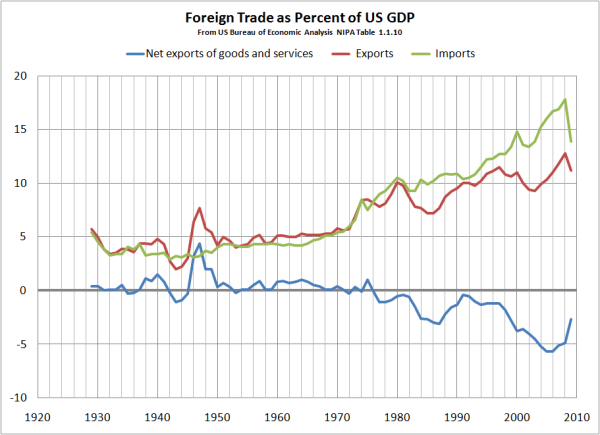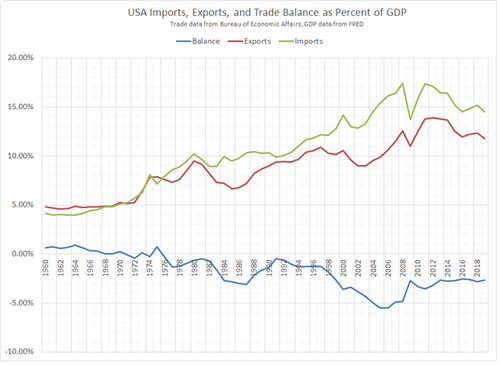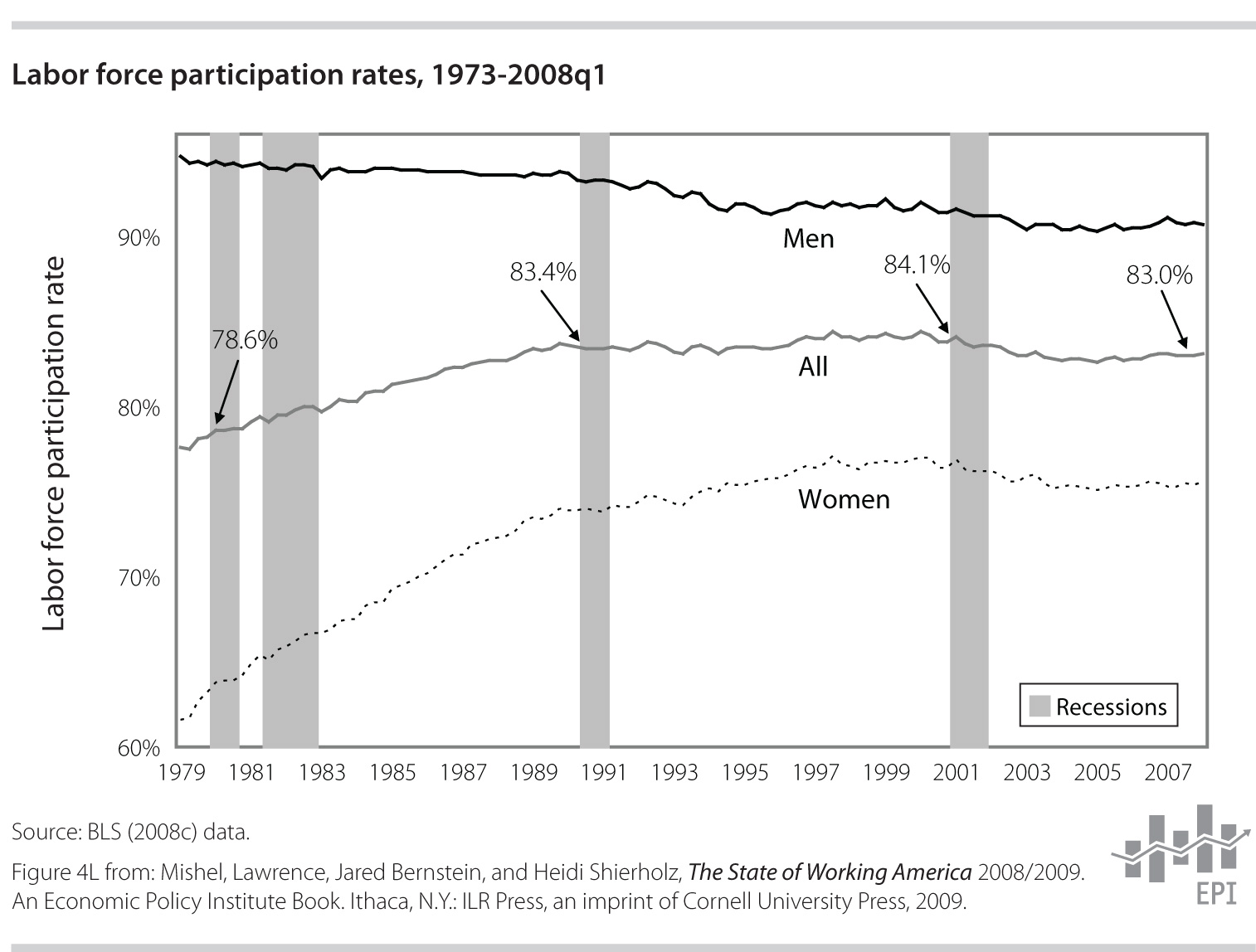How President Obama lost the American public
 Wednesday, November 3, 2010 at 08:41AM
Wednesday, November 3, 2010 at 08:41AM Of all the punditry I've seen about Obama's failings and declining popularity, this LAT op ed by Marshall Ganz is among the most perceptive. An excerpt:
Abandoning the "transformational" model of his presidential campaign, Obama has tried to govern as a "transactional" leader. These terms were coined by political scientist James MacGregor Burns 30 years ago. "Transformational" leadership engages followers in the risky and often exhilarating work of changing the world, work that often changes the activists themselves. Its sources are shared values that become wellsprings of the courage, creativity and hope needed to open new pathways to success. "Transactional" leadership, on the other hand, is about horse-trading, operating within the routine, and it is practiced to maintain, rather than change, the status quo.
The nation was ready for transformation, but the president gave us transaction. And, as is the case with leadership failures, much of the public's anger, disappointment and frustration has been turned on a leader who failed to lead.
Obama and his team made three crucial choices that undermined the president's transformational mission. First, he abandoned the bully pulpit of moral argument and public education. Next, he chose to lead with a politics of compromise rather than advocacy. And finally, he chose to demobilize the movement that elected him president. By shifting focus from a public ready to drive change — as in "yes we can" — he shifted the focus to himself and attempted to negotiate change from the inside, as in "yes I can."
The compromise versus advocacy point stands out in all of Obama's major initiatives. His February 2009 stimulus package was too small to do the trick according to his economic advisors but as big as Congress could pass according to his political advisors. Instead of arguing for a sufficient plan and making conservatives take hard votes, he suffered politically by declaring the insufficient to be sufficient. His approach to the global financial meltdown was not to give voice to the bipartisan populist rage to adopt really effective controls over the banksters' dangerous practices but to meet with them on March 29, 2009 and assure them, "My administration is the only thing standing between you and the pitchforks." Similarly, he preemptively gave away the public option in the healthcare reform legislation instead of advocating for it and (probably) losing. It turned out to be a bad political deal for him because as soon as the insurance companies got what they wanted--the unpopular mandate to buy insurance--they turned on him to get Democrats out of office and to gut just about everything else in the legislation. A consequence of this seemingly unprincipled wheeling and dealing is that, as the bipartisan populist rage has swelled even more since his election, Obama is seen as just another one of the Washington/Big Money elites who don't understand and don't care about ordinary people and keep making things worse.
It's less about policy differences than about feelings of alienation versus connection and trust. In the previous post, I criticized Robert Rubin's policy recommendations, but would not have thought to criticize him as tall, lean, articulate, deeply intellectual, scary smart, professorial, patrician, globally connected with money and policy elites, unemotional, and aloof from the hoi polloi; he's all that, but it didn't occur to me that it's a problem. My epiphany this morning is that that also describes President Obama and for him it's a big problem.
 Skeptic
Skeptic
Nicholas Kristof starts his op ed today with a similar observation:
On my blog, a Times reader named Eddie asked about President Obama: “Where is the man I voted for?”
“Does he ever sweat?” Eddie continued. “We’re in desperate times and I don’t see a man who is really affected by it.” He concluded: “We need a committed, passionate person to lead a country ... not a Sunday school teacher taking cautious, baby steps.”
. . . .
To a disconcerting number of people I talk to, Mr. Obama comes across as remote, detached, inauthentic and arrogant.
 Skeptic
Skeptic
"Obama" disagrees. http://www.youtube.com/watch?v=y54FRMedT_s
 Skeptic
Skeptic
David Brooks says voters agree with him that the Democrats' policies were bad, but he concludes (as he should) that the overwhelmingly important factor was not policy but failure to create jobs and prosperity.
Democrats have, at least temporarily, blown the opportunity they were given to connect with the industrial Midwest. Voters in this region face structural problems, not cyclical ones. Intensely suspicious of government, they are nonetheless casting about for somebody, anybody, who can revive their towns and neighborhoods. Disillusioned with big spending and big debt, they at least want to see their government reflect their values of discipline, order and responsibility. Not only in America, but also in Germany, Sweden, France, Britain and across Europe, working-class voters these days are putting center-right governments in power.
American politics are volatile because nobody has an answer for these people. They will remain volatile until somebody finds one.
 Skeptic
Skeptic
Bob Herbert's column today makes it clearer than I did (and should have) that it isn't just Obama who has lost the confidence of ordinary Americans.
Neither the Democrats nor the Republicans are offering voters the kind of change that they seem so desperately to want. We’re getting mind-numbing chatter about balanced budgets and smaller government and whether Mitch McConnell and his gang can chase President Obama out of the White House in 2012.
What voters want is leadership that will help them through an economic nightmare and fix a country that has been pitched into a state of sharp decline. They long for leaders with a clear and compelling vision of a better America and a road map for getting there. That leadership has long been AWOL. The hope in the tumultuous elections of 2008 was that it would come from Mr. Obama and the Democrats, but that hope, after just two years, is on life support.
Tuesday’s outcome was the result of voters, still hungry for change, who either switched in anger from the Democrats to the Republicans or, out of a deep sense of disappointment, stayed home.
. . . .
What neither party is doing is offering a bold, coherent plan to get the nation’s economy in good shape and create jobs, to bring our young men and women home from the wars in Afghanistan and Iraq, to rebuild the education system in a way that will prepare the next generation for the great challenges of the 21st century, and to reinvigorate the can-do spirit of America in a way that makes people believe that they are working together toward grand and constructive goals.
. . . .
Americans right now are riddled with fears and anxieties of many kinds. They are worried about the economic well-being of their families, the cost of securing a decent education for their children, their prospects for a comfortable retirement, the continuing threat of terrorism, and the debilitating effects of endless warfare. They worry that America’s best days may be in the past.
. . . .
Our leaders in Washington seem entirely out of touch with the needs, the hopes, the fears and the anxieties of the millions of Americans who are out of work, who are struggling with their mortgages or home foreclosures, who are skimping on needed medication in order to keep food on the table, and who lie awake at night worrying about what the morning will bring. No one even dares mention the poor.
 Skeptic
Skeptic
Karen Tumulty and Dan Balz report in WaPo that "Democrats ask whether Obama's White House fully grasped voters' fears." Of course, not all they interviewed supported the alienation narrative (nor apparently does Obama), but many did, including these:
"There doesn't seem to be anybody in the White House who's got any idea what it's like to lie awake at night worried about money and worried about things slipping away," said retiring Tennessee Gov. Phil Bredesen (D). "They're all intellectually smart. They've got their numbers. But they don't feel any of it, and I think people sense that."
William A. Galston, a Clinton White House policy adviser who is now a senior fellow at the Brookings Institution, said the midterm election revealed what had always been a "missing middle" to the Obama campaign message.
"Hope is a sentiment, not a strategy, and quickly loses credibility without a road map," Galston wrote in a paper released two days after the election. "Throughout his first two years in office, President Obama often struggled to connect individual initiatives to larger purposes."
Inside the Beltway, these questions are being asked and answered in the context of Democrats trying to devise a strategy for resurgence. There are arguments being made to tack to the right--become more like Republicans--or to play "small ball" as Clinton did after 1994, but neither would work if Senator Schumer is right.
"Our road back is to be focusing on the average middle income family," says Sen. Charles E. Schumer (D-N.Y.). "The voter will choose no government over a government that works for someone else. But they will choose a government that helps them over no government every time."
In the White House, Washington veterans such as chief of staff Pete Rouse, Vice President Biden's chief of staff Ron Klain and legislative affairs head Phil Schiliro have been looking at parallels with earlier political upheavals. They have cautioned their colleagues that the differences between those times and today are at least as important as the similarities.
For instance, White House aides say, trying to imitate Clinton's small-bore initiatives such as promoting school uniforms and television V-chips would look inadequate when unemployment is still hovering close to 10 percent.
 Skeptic
Skeptic
Maybe Obama should reread parts of his own book, The Audacity of Hope, this passage for example:
Increasingly, I found myself spending time with people of means - law firm partners and investment bankers, hedge fund managers and venture capitalists. As a rule, they were smart, interesting people, knowledgeable about public policy, liberal in their politics, expecting nothing more than a hearing of their opinions in exchange for checks. But they reflected, almost uniformly, the perspectives of their class; the top 1 percent or so of the income scale that can afford to write a $2,000 check to a political candidate. They believed in the free market and an educational meritocracy; they found it hard to imagine that there might be any social ill that could not be cured with a high SAT score. They had no patience with protectionism, found unions troublesome, and were not particularly sympathetic to those whose lives were upended by movements of global capital. Most were adamantly prochoice and were vaguely suspicious of deep religious sentiment....
I know that as a consequence of my fund-raising I became more like the wealthy donors I met, in the very particular sense that I spent more and more of my time above the fray, outside the world of immediate hunger, disappointment, fear, irrationality, and frequent hardship of the other 99 percent of the population - that is, the people I'd entered public life to serve.











